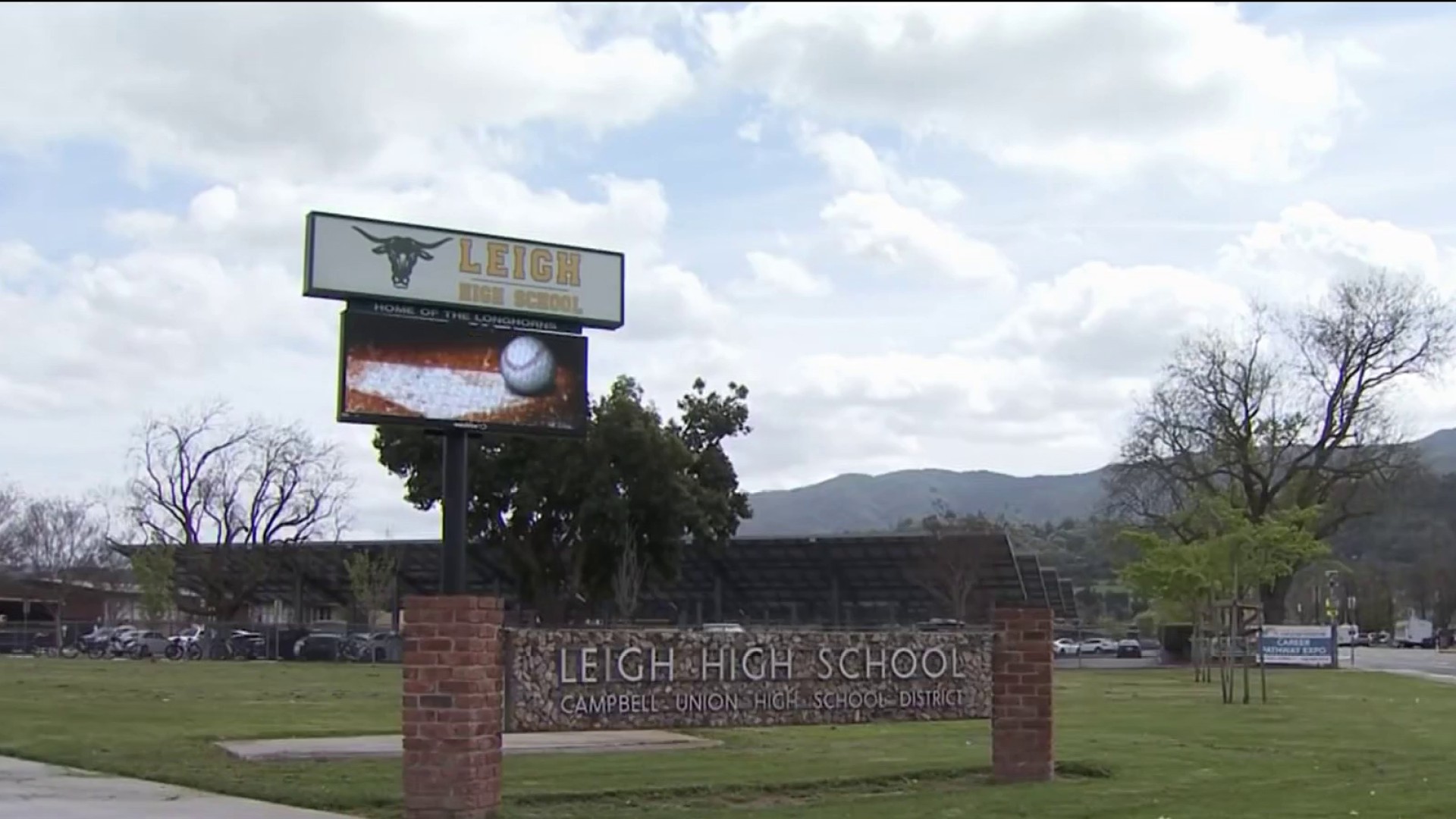In less than two weeks, health care providers can start giving people who suffer from high-risk conditions and disabilities the COVID-19 vaccine.
“My muscles are continuing to get weaker and that also impacts the cardiac and respiratory function of my body,” said Julie Savage of Sunnyvale. “I probably started needing to use a cane and then my scooter when I was just – before I turned 30.”
The 39-year-old didn’t let her limb-girdle muscular dystrophy stop her from keeping up with her three active kids. But the pandemic forced her family to push the brakes on all aspects of their lives for her sake.
But the pandemic forced her family to push the brakes on all aspects of their lives – for Julie’s “They’ve been really careful through coronavirus because they don’t want to be the one that gets me sick,” Savage said.
Get San Diego local news, weather forecasts, sports and lifestyle stories to your inbox. Sign up for NBC San Diego newsletters.
With her kids eager to return to school, Savage is counting down the days until March 15, the day when California will start allowing people with high-risk medical conditions and disabilities to get the vaccine.
“I’m still on all the sign up lists trying to figure how to get it,” she said.
California
On Tuesday, Santa Clara County’s health officer said people ages 16 through 64 with the following high-risk conditions will be eligible for the vaccine. Their caregivers are also qualified. You won’t have to bring a doctor’s note but everyone will be required to sign an attestation, a document that says you promise to tell the truth.
“Will everyone do that? We know that not 100% of people are going to be honest but for the greater good, the greater population, that will be fine for us,” said health officer Martin Fenstersheib.
Over in Alameda County, a spokesperson for the public health department said people with health conditions should talk to their medical providers first.
The county is planning to vaccinate people in group homes who have intellectual and developmental disabilities. Much like Santa Clara County, Alameda County is also drafting an attestation letter for those with high-risk conditions.
“We want to be more flexible and be more inclusive than to turn people away,” said Fenstersheib.



